“See You Later, Daddy”: The Day Eric Clapton’s World Fell Silent
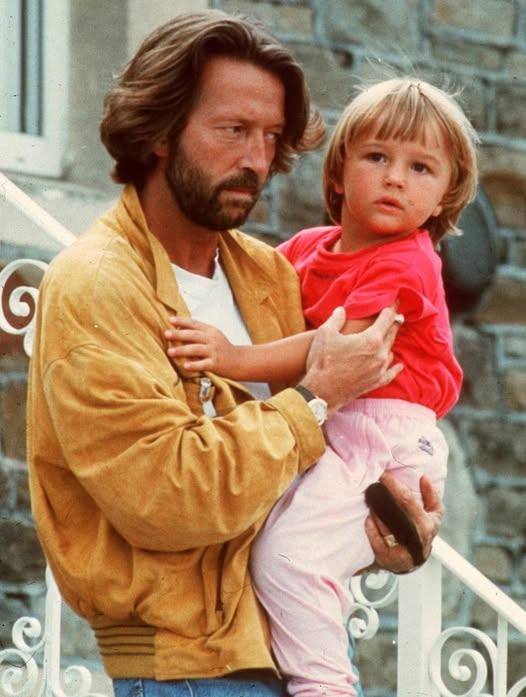
“See You Later, Daddy”: The Day Eric Clapton’s World Fell Silent
The last words Eric Clapton ever heard from his four-year-old son, Conor, were heartbreakingly ordinary: “See you later, Daddy.” Twenty minutes later, tragedy struck—a single moment that would change his life and echo through the music world forever.
It was March 20, 1991. By then, Clapton had already endured more than most men could bear. He had survived heroin addiction, nearly lost himself to alcohol, and buried friends and fellow musicians like Jimi Hendrix, Duane Allman, and Stevie Ray Vaughan. Yet by the late 1980s, he had found something to live for. Sobriety had given him clarity, and fatherhood had given him purpose.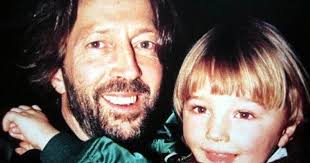
Conor, born in 1986 to Clapton and Italian actress Lori Del Santo, became the center of his world. Though Clapton and Del Santo were no longer together, he remained deeply devoted to his son. For a man who had spent decades running from pain, Conor was the reason to stay, to love, and to rebuild.
That March morning in New York, Conor was staying at his mother’s 53rd-floor apartment in Manhattan. He was bursting with excitement because his father was coming to take him to the Bronx Zoo. While a janitor cleaned the windows, one of the large panes was left open.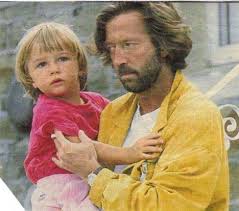
Conor, full of laughter and energy, raced through the apartment—unaware that the window was open. Believing the glass was still there, he ran straight through the empty frame and fell fifty-three stories.
By the time Eric Clapton arrived, his little boy was gone.
There are losses so profound that language fails to contain them. The death of a child is not just the loss of life—it is the loss of every moment that could have been: every birthday, every bedtime story, every future “I love you.”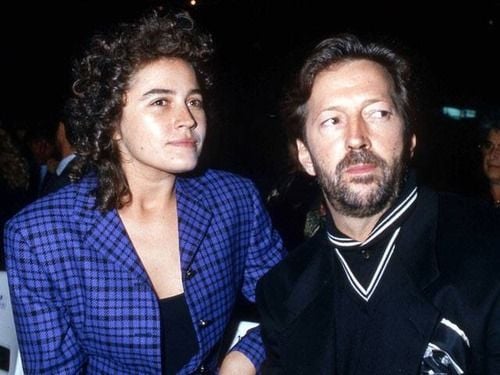
In the depths of his grief, Clapton withdrew from the world. For months, he could not speak of it. But eventually, he did what artists do—he turned unbearable pain into art. From that silence came one of the most haunting songs ever written about loss: “Tears in Heaven.”
The song was not written for fame, nor for redemption—it was written as a prayer, a bridge to a boy gone too soon. Through it, Clapton found a way to keep Conor’s memory alive.
More than three decades later, those words still linger like an open wound and a gentle promise—“Would you know my name, if I saw you in Heaven?”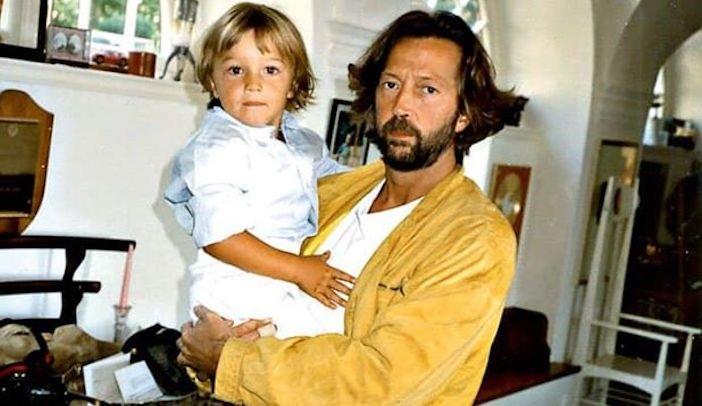
Eric Clapton’s story reminds us that even in the deepest sorrow, love endures. And though time moves on, a father’s heart never stops waiting for the moment when he might, somehow, see his son again.










